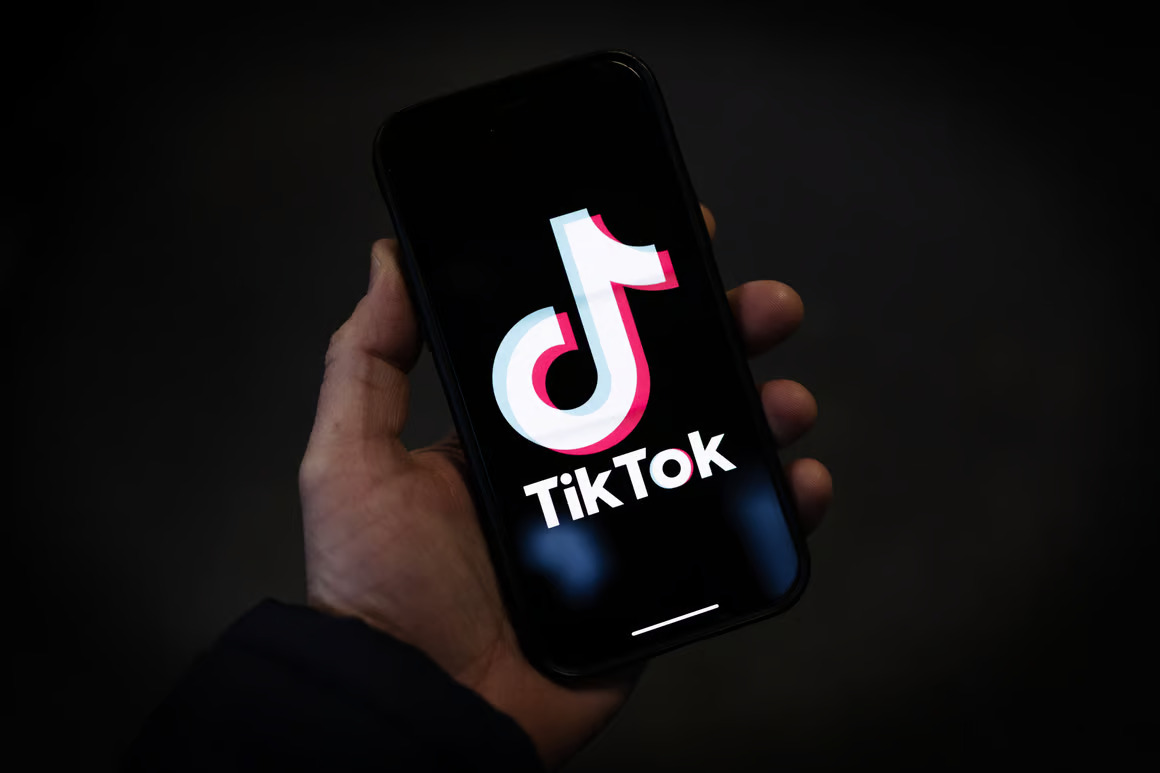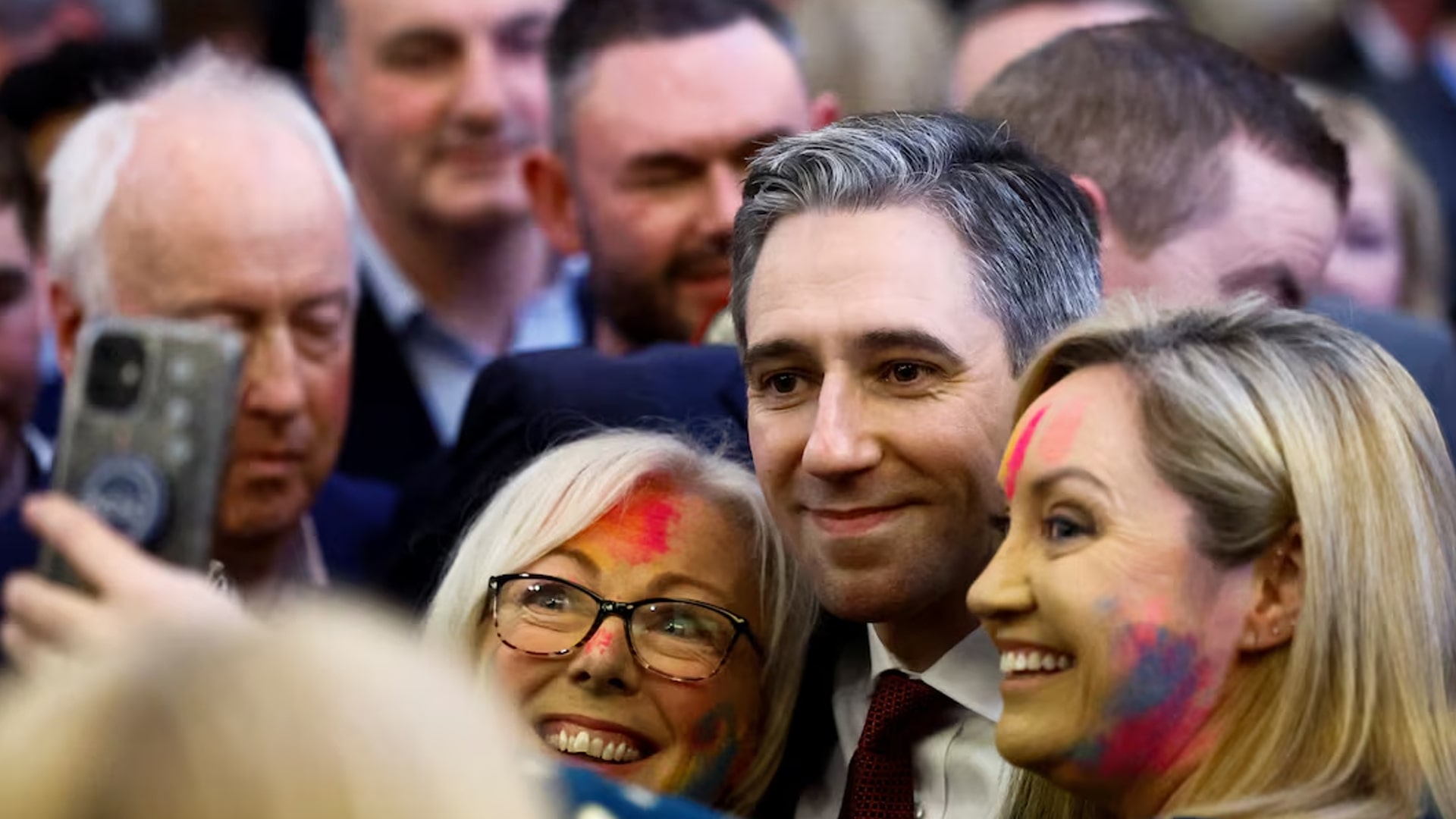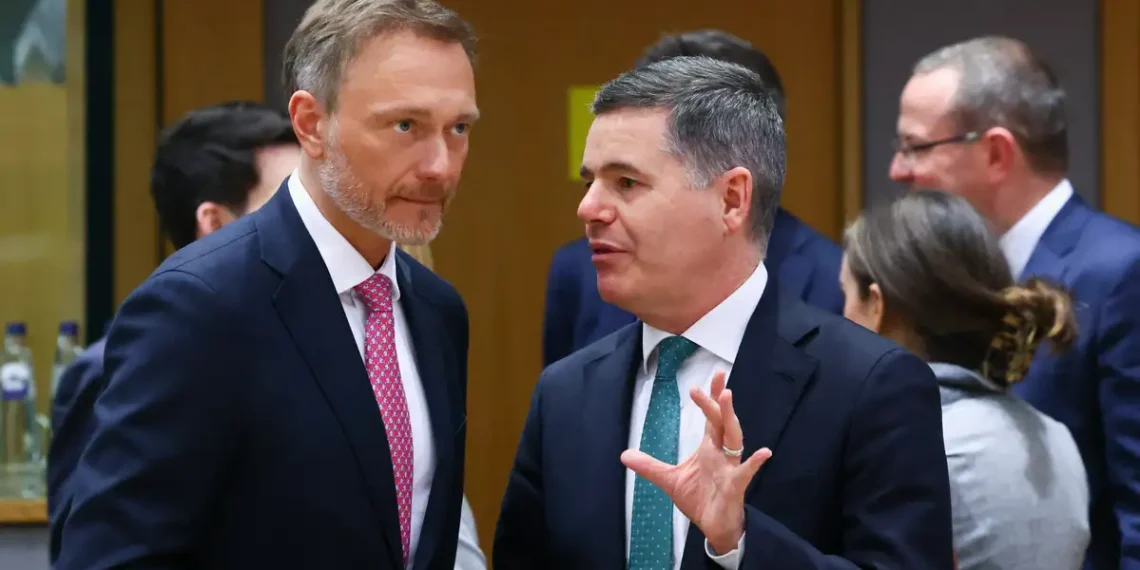European politicians are increasingly turning to TikTok as a means to connect with younger voters ahead of the upcoming elections.
Simon Harris, Ireland’s prime minister-in-waiting, has emerged as a prominent figure on the platform, garnering a substantial following of 95,000 users.
Through engaging videos, Harris shares his personal journey and political aspirations, resonating with a generation accustomed to short-form content.

German security agencies have cautioned against its use, citing fears of data sharing with the Chinese government. However, TikTok has reassured users, emphasizing its commitment to data privacy and implementing measures such as data storage in Dublin and third-party security monitoring.
The allure of TikTok’s vast reach has drawn other European leaders into the fold. French President Emmanuel Macron boasts an impressive 4 million followers since joining the platform in 2020.
In Germany, Health Minister Karl Lauterbach recently became the country’s first minister to open a TikTok account, signaling a shift towards digital engagement in mainstream politics.

While TikTok provides a unique opportunity to reach younger voters, politicians face a dilemma regarding its use. They recognize its effectiveness in engaging with a demographic that relies heavily on social media for news and information.
Despite these challenges, mainstream politicians are unwilling to cede ground to fringe parties that have capitalized on TikTok’s popularity.
With the European elections approaching, the race to connect with younger voters intensifies, prompting leaders to face the complexities of digital engagement amidst security concerns and political polarization.





